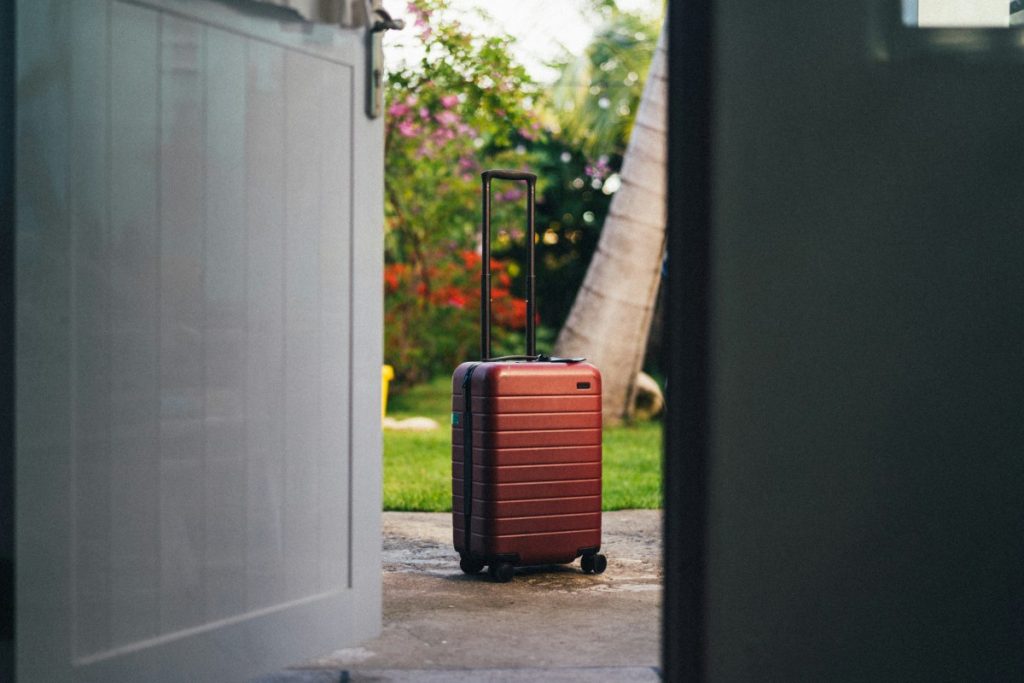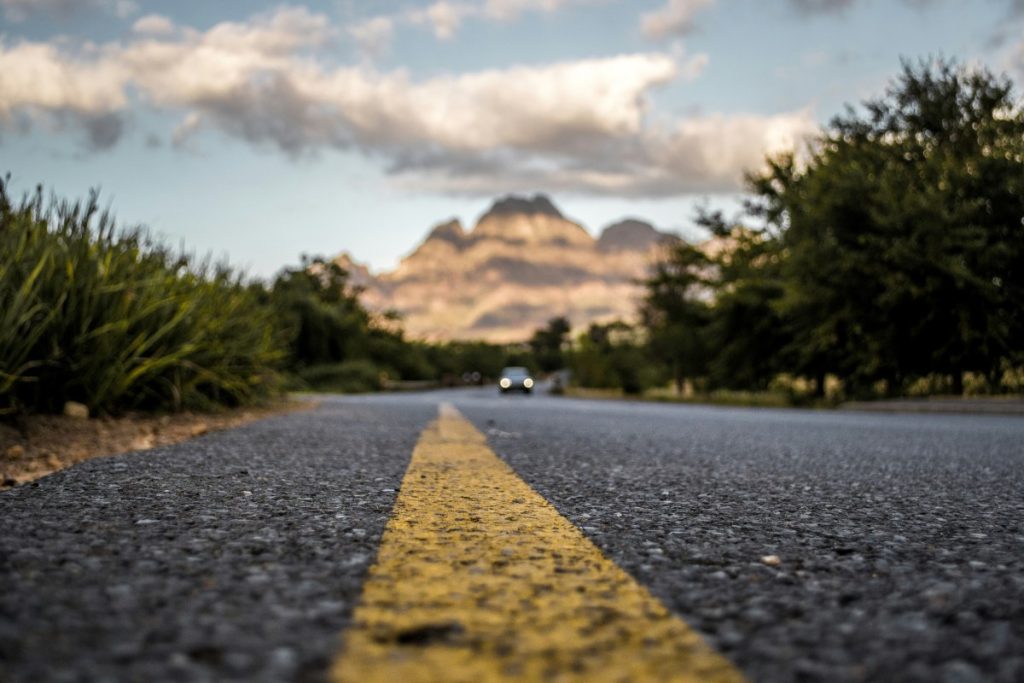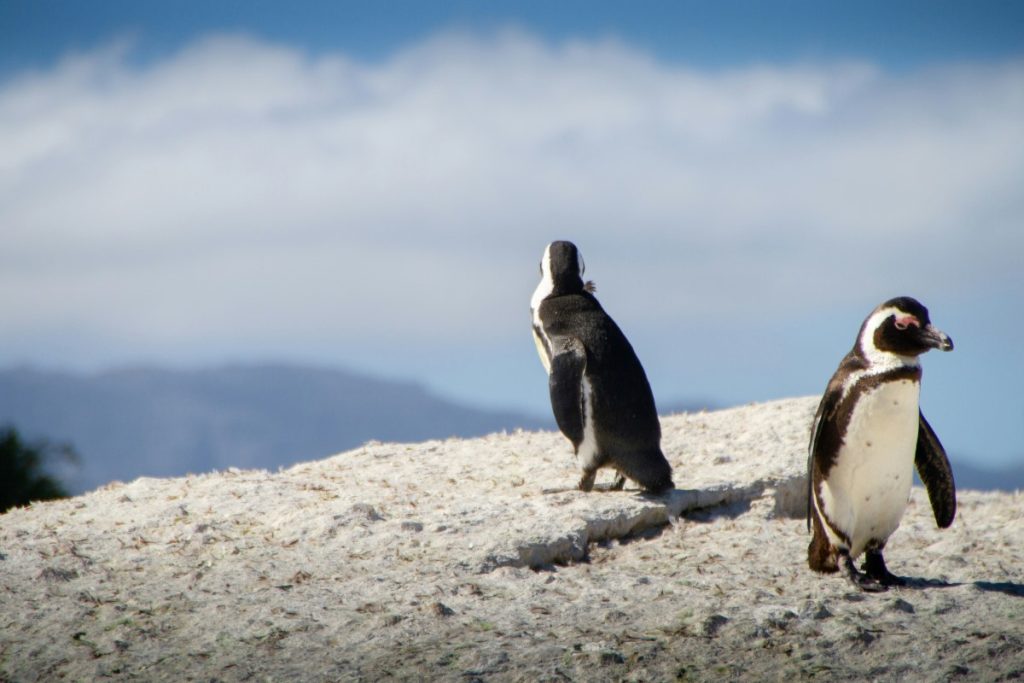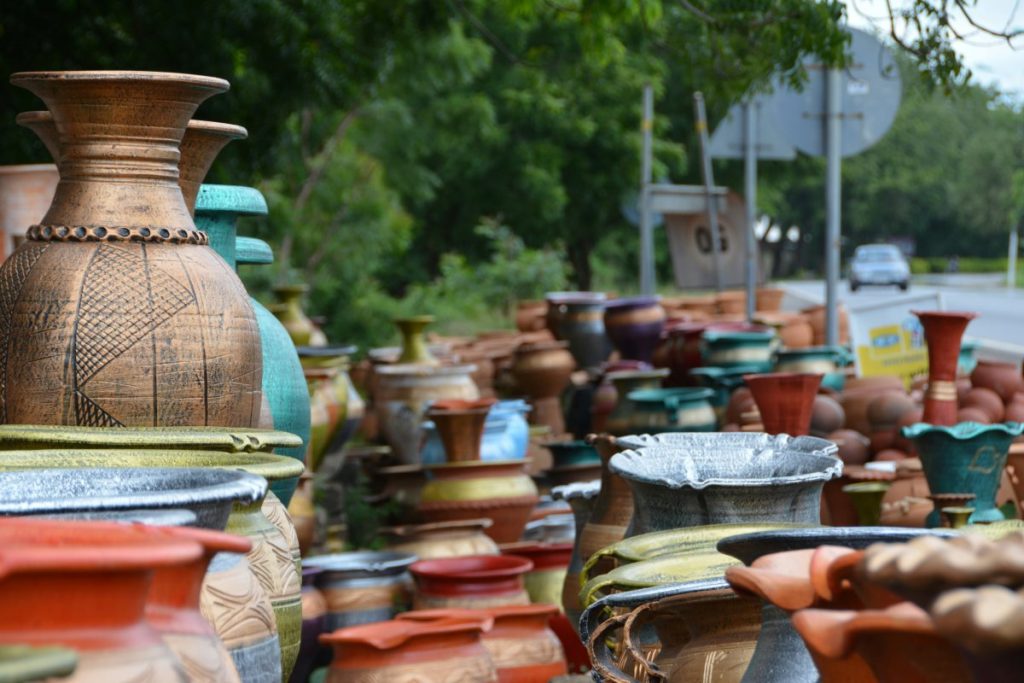
A Complete Guide to Picking Up and Returning a Hertz Car Rental in South Africa
Hiring a vehicle with Hertz car rental in South Africa is one of the most...
 24 April 2025
24 April 2025 
For many eco-conscious travellers, sustainable tourism isn’t just a preference – it’s a necessity. The tourism industry represents hope for some of the most stunning natural places around the world. However, but without sustainable tourism practices, it’s also a threat.
Tourism’s economic benefits compete with potential ecological and social problems that come with heavy traffic. As a result, it’s never been more important to choose travel experiences that are both socially responsible and environmentally friendly.
Thankfully, as we increase awareness around the issue, we’re creating more demand for sustainable tourism options. Let’s take a closer look at how you can contribute to being an eco-friendly traveller.

South Africa is full of sustainable travel destinations
According to UN Tourism, sustainable tourism should:
These sustainable development goals not only guide tourism businesses, but travellers themselves. Keep these in mind next time you plan a holiday.

Pack light to reduce your carbon footprint
Instead of looking at green travel as a short-lived trend, an eco-friendly traveller sees it as an opportunity to take their environmental principles on vacation with them. Whether you’re visiting a big city, escaping to the beach, or going on safari, you should choose eco-friendly destinations that put social justice and environmental sustainability first.
Websites like Sustainable Travel can help you narrow down the options.
While many lodges and hotels are making efforts towards increased sustainability, many are still lagging behind. That’s why it’s crucial to do your own research and make sure your chosen accommodation supports green and social initiatives.
Start by reading reviews from other travellers. When you’re ready to book, raise any concerns you may have with the business. Your input might help them improve their sustainability policies.
Consider the weight of your luggage. Research suggests that on average, the carbon footprint of a 20kg bag on a typical flight is 13.1 kg CO2e. That’s equivalent to driving a car for 110 km. So, by reducing the weight of your luggage, you can literally reduce your carbon emissions.

Choose a fuel efficient car for your holiday
Modern cars are far more fuel efficient than models from years gone by. Make sure you rent a car with a reputable agency to get the vehicle that best aligns with your sustainable travel goals.
At Drive South Africa, we offer a wide range of vehicles for hire. Even if you need an SUV for your big family, we’ll recommend the most frugal option, saving you money and putting fewer emissions into the atmosphere.
Turn your personal hotel space into a mirror of your home life. Here are a few tips that will reduce energy usage in your room:
If the hotel has recycling facilities, make sure to separate your waste before throwing it away.
When you buy from local entrepreneurs, you directly contribute to a healthy tourism industry. There’s no point visiting an African destination if you’re going to be buying American products. Instead, choose local alternatives. Better yet, stay clear of supermarkets and convenience stores entirely and avoid single-use plastics.
The same applies to travel activities. Local tour operators are more likely to employ local people from within the community. You can also take part in activities that celebrate local culture. Not only will this fund cultural initiatives, but you’ll contribute to keeping the culture alive.

When you visit the penguins at Boulders Beach, make sure to keep your distance
Always avoid tour destinations that promote animal captivity. These include zoos, animal interaction centres, and breeding farms.
Instead, you should strive to view animals in their natural habitat. When you support protected areas, you’re directly contributing to conservation efforts. Wild animals should remain wild – there’s no room for lion cub petting, elephant rides, or selfies with wild primates.
In Africa, safari is the best way to experience wildlife respectfully and responsibly. However, you still need to stick to the rules. For example, when you visit Boulders Beach in Cape Town, keep your distance from the African penguins. Your selfie might get thousands of likes, but you’re disrupting the natural ecosystem.
There’s nothing wrong with taking mementos home. However, you should resist the urge to grab items made from wild animal products, such as ivory and crocodile leather. The trafficking of these products is one of the biggest threats to biodiversity. With so many species facing extinction, there’s no excuse to contribute to their disappearance from our planet.
Look for locally-made curios made from wood and upcycled materials. It’s another way of supporting local communities through sustainable travel.

Hand-made pottery is a good example of a responsible souvenir
Ready to become the ultimate eco-traveller? With a little effort, you can make a positive impact.
Make sure you secure car rental with Drive South Africa. Our expert agents will address any concerns you might have, ensuring you have the most sustainable vacation possible. Contact us today.